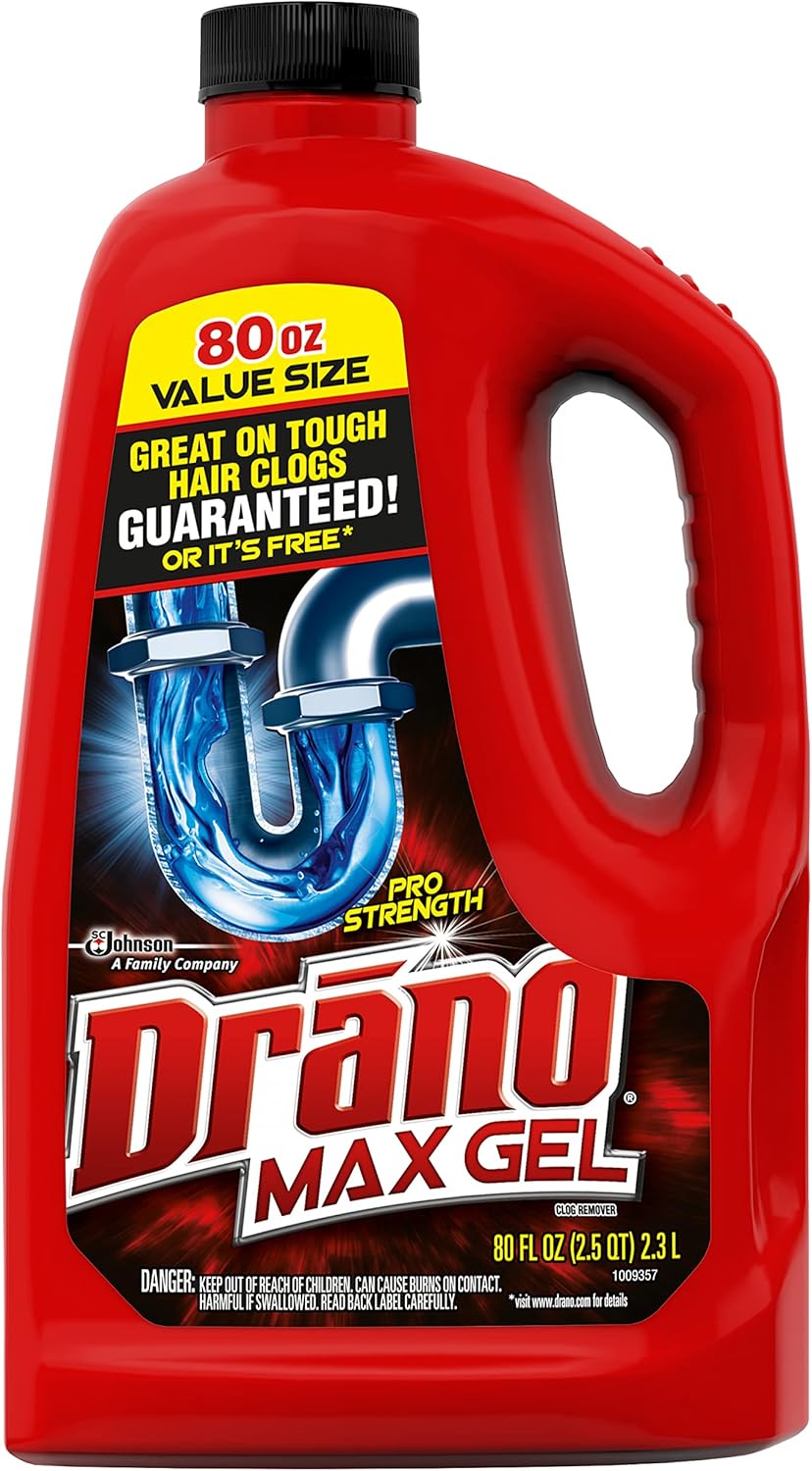Ashes are the residual material left over after a substance has been burned. They can be created by burning wood, paper, charcoal, and other materials. Many people choose to dispose of ashes by pouring them down the sink, but is this a good idea? In this blog post, we will explore the topic of whether ashes can clog the sink and provide you with valuable insights on this topic.

Everything You Need to Know About Ashes
Ashes are a common residue created when substances like wood, paper, or charcoal are burned. While they might seem like just a nuisance, ashes have a fascinating composition and unique properties that make them more than just a simple waste product.
Composition of Ashes
The composition of ashes can vary depending on what was burned. For example, wood ashes typically contain high levels of calcium, potassium, and phosphorus. Meanwhile, paper ashes may contain more aluminum, iron, and zinc. Overall, ashes contain a mix of minerals, including calcium, potassium, sodium, and magnesium, among others.
Properties of Ashes
One of the most interesting properties of ashes is their alkalinity. Due to their high mineral content, ashes tend to have a high pH level, which can be beneficial for certain plants.
In fact, ashes have been used as a natural fertilizer for centuries. However, this alkalinity can also cause issues if too much ash is introduced to a soil or water source, leading to imbalanced pH levels.
Another property of ashes is their ability to absorb moisture. This makes them useful for certain applications, such as absorbing spills or moisture in a humid environment. Ashes are also sometimes used as an abrasive agent for cleaning surfaces.
Overall, ashes are a byproduct of burning organic material, and their composition and properties can vary depending on what was burned. While they might seem like a simple waste product, ashes have a variety of uses, from natural fertilizers to cleaning agents. However, they can also cause issues if not disposed of properly or used in excess.
Does Ashes Clog the Sink?
To answer the question of whether ashes can clog the sink, we must first understand how sinks work. Sinks are equipped with a drain that leads to a pipe which ultimately leads to a septic tank or a public sewer. This drain is usually designed to allow water to flow freely, but it can easily become clogged if it encounters a foreign object or substance.
The short answer is yes, ashes can cause sink clogs. When ashes mix with water, they can create a thick, pasty substance that can stick to the sides of pipes and accumulate over time. This can eventually cause a blockage that prevents water from flowing freely through the drain.
The situation is further compounded if there are other materials in the drain, such as grease or hair, which can cling to the ash paste and create a bigger blockage.
Additionally, ashes can also contribute to the growth of biofilm, which is a layer of bacteria that can form on the inside of pipes. Biofilm can cause clogs by trapping other debris and creating a barrier that prevents water from flowing through the drain.
How Often Do Ashes Cause Sink Clogs?
In reality, sink clogs caused by ashes are not a common occurrence. While ashes can cause clogs, they are not the most frequent culprit. More often, sink clogs are caused by things like food waste, grease, and hair.
That being said, there are certain factors that can increase the likelihood of a sink clog caused by ashes. For example, if you frequently dispose of large amounts of ashes down the sink, or if you have an old or poorly maintained plumbing system, you may be more susceptible to sink clogs caused by ashes.
How to Prevent Ash-Caused Sink Clogs?
To prevent sink clogs caused by ashes, it’s important to properly dispose of them. Allowing ashes to cool completely before disposing of them in a non-combustible container is the best way to prevent clogs. Additionally, it’s important to avoid pouring any liquids or other debris down the sink that could contribute to clogs.
Let Ashes Cool Completely Before Disposing of Them
One of the most important things you can do to prevent sink clogs caused by ashes is to let them cool completely before disposing of them. Hot ashes can mix with water and create a paste-like substance that can accumulate in pipes and cause clogs. By allowing ashes to cool completely before disposing of them, you can help prevent this from happening.
Dispose of Ashes in a Non-Combustible Container
Once ashes have cooled completely, it’s important to dispose of them in a non-combustible container. This can include metal or ceramic containers with tight-fitting lids. It’s important to avoid placing ashes in plastic bags or containers, as they can melt and cause a fire.
Avoid Pouring Any Liquids or Debris Down the Sink
To prevent sink clogs caused by ashes or other debris, it’s important to avoid pouring any liquids or other debris down the sink. This can include things like cooking oil, food scraps, and hair. Instead, dispose of these items in a trash can or compost bin.
Regularly Clean and Maintain Your Sink and Plumbing System
Regularly cleaning and maintaining your sink and plumbing system can also help prevent sink clogs caused by ashes. This can include using a drain cover to catch any debris before it goes down the sink, as well as using a plunger or drain snake to clear any clogs that do occur. Additionally, having your plumbing system inspected and maintained by a professional plumber on a regular basis can help prevent clogs and other plumbing issues.

Solutions for a Clogged Sink Caused by Ashes
If you’ve experienced a clogged sink caused by ashes, you know how frustrating it can be. Fortunately, there are several remedies you can try to unclog your sink and restore proper drainage.
DIY Methods
- Boiling Water: One of the simplest DIY methods for unclogging a sink is to pour boiling water down the drain. Boiling water can help dissolve any ash or debris that may be causing the clog.
- Baking Soda and Vinegar: Another effective DIY method is to use a mixture of baking soda and vinegar. First, pour a cup of baking soda down the drain, followed by a cup of vinegar. Let the mixture sit for about 30 minutes, then pour boiling water down the drain to flush out the clog.
- Plunger: If the above methods don’t work, try using a plunger. Make sure to cover the overflow opening with a wet cloth before plunging, to create a seal and maximize pressure.
Professional Plumber Services
If the DIY methods don’t work, it’s time to call in the professionals. A licensed plumber can help diagnose the issue and provide effective solutions. Some common professional services for unclogging sinks include:
- Hydro Jetting: This method uses high-pressure water to blast away clogs and debris in pipes.
- Plumbing Snake: A plumbing snake is a flexible auger that can be inserted into pipes to clear clogs and debris.
- Camera Inspection: A plumber may also use a camera to inspect the inside of your pipes and identify any underlying issues that may be causing clogs.
Quick Fix for a Clogged Sink
Considerations for Sink Clogs
While ashes can certainly contribute to sink clogs, there are other materials and substances that can cause clogs as well.
Grease and Oil
One of the most common causes of sink clogs is the buildup of grease and oil. When these substances are poured down the drain, they can solidify and create a blockage.
Food Scraps
Food scraps, especially those that are fibrous or starchy, can also contribute to sink clogs. Items like potato peels, celery, and pasta can get caught in the drain and create a blockage.
Hair
Hair is another common culprit of sink clogs, especially in bathroom sinks and showers. Over time, hair can accumulate in the drain and create a blockage.
Soap Scum
Soap scum can also contribute to sink clogs, as it can build up over time and create a blockage.
To avoid sink clogs, it’s important to be mindful of what you’re putting down the drain. Avoid pouring grease, oil, and food scraps down the drain, and use a drain strainer to catch any hair or other debris. Regularly cleaning your sink and drain can also help prevent buildup and blockages.
If you do experience a sink clog, try using DIY methods like boiling water, baking soda and vinegar, or a plunger before calling in a professional plumber. However, if the clog persists or is particularly stubborn, it’s best to call in a licensed plumber to avoid causing further damage to your plumbing system.
Eco-Friendly Ways to Dispose The Ashes
While ashes may not directly cause sink clogs, their disposal can have an impact on the environment. Improper ash disposal can lead to air pollution, water contamination, and harm to wildlife.
Avoid pouring ashes down the drain or toilet
Ashes should never be poured down the drain or toilet. Not only can this lead to sink clogs, but it can also contaminate water sources.
Dispose of ashes in a trash can
The easiest and safest way to dispose of ashes is to place them in a metal container with a lid and throw them in the trash. Make sure the ashes are completely cooled before disposing of them.
Consider composting
If you have a compost pile, wood ashes can be added in small amounts. However, do not add ashes from charcoal or coal, as they can contain harmful chemicals.
Avoid scattering ashes in nature
While it may be tempting to scatter ashes in a natural setting, this can have harmful effects on the environment. Ashes can alter the pH levels of soil and harm plant growth.
Common Myths About Ashes and Sink Clogs
Myth #1: Ashes can be safely poured down a sink as long as they are mixed with water.
Fact: Mixing ashes with water and pouring them down a sink can actually make the problem worse. Ashes can quickly solidify and form clumps that can clog drain pipes.
Myth #2: It’s safe to pour ashes down the toilet.
Fact: Ashes should never be poured down the toilet. Like pouring them down the sink, ashes can clog pipes and contaminate water sources.
Myth #3: Ashes are biodegradable, so they can be safely disposed of in nature.
Fact: While ashes may be biodegradable, they can alter the pH levels of soil and harm plant growth. Additionally, ashes can contain harmful chemicals that can be harmful to wildlife.
Myth #4: Ashes can be safely disposed of in the trash.
Fact: Ashes can be safely disposed of in the trash as long as they are completely cool and placed in a metal container with a lid. However, it’s important to never mix ashes with other materials, as this can create a fire hazard.
FAQs
Can Ashes Clog Pipes?
How Do You Unclog a Sink With Ash?
Do Ashes Dissolve in Water?
Why Is It Bad to Keep Ashes in the House?
Conclusion
Ashes can indeed clog sink drains if they are not properly disposed of. When mixed with water, ashes can solidify and form clumps that can quickly clog drain pipes, leading to potentially costly plumbing problems. It’s important to never pour ashes down the sink or toilet and to avoid scattering them in nature.
Instead, ashes should be allowed to cool completely and then disposed of in a metal container with a lid. By following these simple tips and properly disposing of ashes, we can avoid sink clogs and help protect our plumbing systems and the environment.




